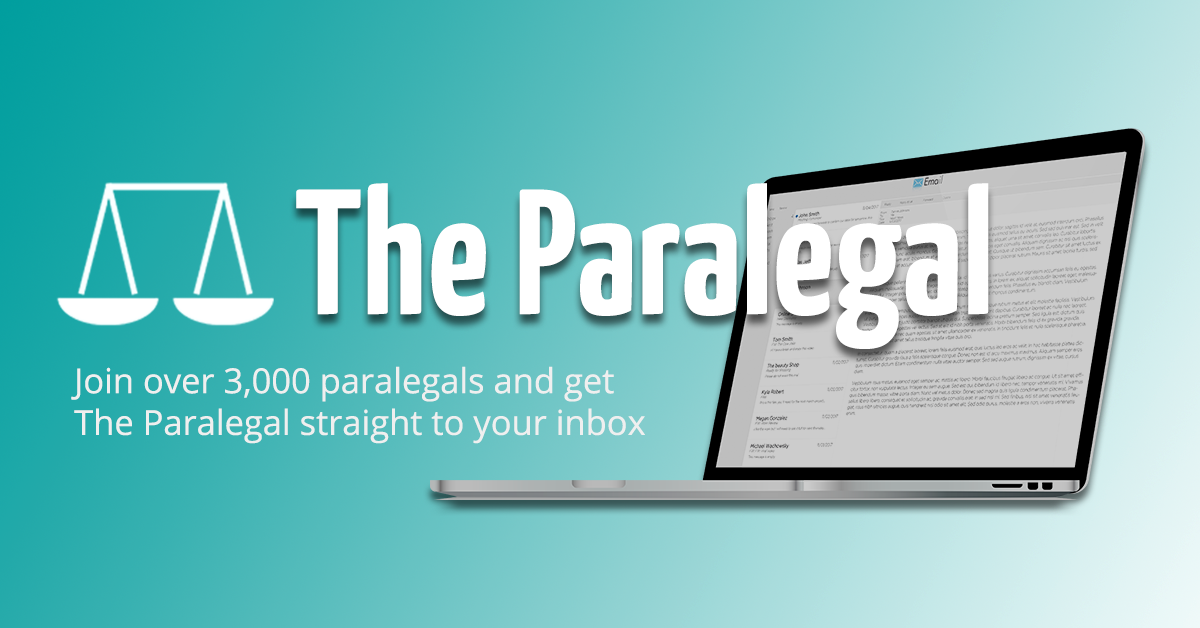From 1 January 2021, once we had left the EU, freedom of movement between the UK and the EU stopped.
A new immigration system has been introduced at the heart of which is a points-based system where anyone who wants to live or work here will need 70 points to qualify for a visa.
The new immigration system is similar to systems already in place for example Canada and Australia. As long as the 70 points are reached, a visa should be secured; the previous limit on visas being approved has been suspended.
The new points-based system took effect from 1 January 2021 and will apply regardless of whether the person is an EU citizen or non-EU citizen. It covers the most highly skilled workers, skilled workers, students, and a range of other specialist work roles. Points will be awarded for key requirements like being able to speak English to a certain level, having a job offer from an approved employer, and meeting a minimum salary threshold of £20,480 per year regardless of the number of hours worked. Generally, workers must be paid a salary of at least £25,600.
The new system will treat EU and non-EU citizens equally and aims to attract people who can contribute to the UK’s economy. All EU, EEA and Swiss citizens living in the UK before 31 December 2020, can apply to the EU Settlement Scheme to continue living in the UK after 30 June 2021. Irish citizens will continue to be able to enter and live in the UK as they do now because the UK and Ireland are part of a Common Travel Area. Further details about the changes are given below.
The points system – “skilled” workers
Under the new rules, skilled workers can only get a UK work visa if they earn 70 points. In addition, their job must pay a minimum of £20,480 per year. The following criteria, which make up 50 points, must be met and are non-negotiable. They are to:
- have a job offer from a licensed sponsor (20 point);
- speak English to an acceptable standard (10 points), and;
- ensure their job offer is at the required skill level of RQF3 or above (equivalent to A level).
There are additional “tradeable” points to get the additional 20 points which include having a higher salary or working in a shortage occupation category. The ways in which to earn “top-up” points are:
- earning at least £25,600 per year or the going rate for the profession whichever is higher (20 points). [The previous requirement was for a salary of £30,000. Also, the Resident Labour Market Test (RLMT) is being removed saving a great deal of time in the application process and give employers more certainty that they can recruit and sponsor a candidate they have identified without having to go through the process of testing the labour market.]
- having a job offer in a “shortage occupation” (20 points)
- being a new entrant to the labour market (20 points)
- having a PhD in a relevant STEM subject (20 points) or in a relevant non-STEM subject (10 points)
Details of how the points system will work are here.
Health and Social Care visa
The UK Government is introducing a new health and social care visa which will be a fast-track entry, with dedicated support and reduced fees. The visa holder and their immediate family members will also be exempt from the Immigration Health surcharge (see below). They will still need to meet the basic requirements but will be exempt from needing the bonus “top up” points. Instead, they will get their 20 extra points if they are on the list of health occupations which include psychologists, dental practitioners, nurses and midwives.
Sponsor licences
Organisations wanting to hire any foreign national, including EU citizens, will need a sponsorship licence. How much it costs depends on the size of your organisation and how long the worker will work for you. For a period of 12 months, small or charitable sponsors will pay £364; medium/larger sponsors will pay £1,000 and for each additional 6 months there will be an additional cost of £182 for small sponsors; £500 for larger sponsors. Further details about applying for a sponsorship licence can be found here.
Visa application process
The new immigration system will mean that people coming to work, or live, in the UK will be able to apply and pay for their visa online. From January 2021, most EU citizens will be able to enrol their biometrics using facial images on a smartphone self-enrolment application form. Ultimately the Government’s aim is that all visitors and migrants to the UK will use their biometric facial images and fingerprints.
Unsponsored routes:
- Global talent scheme - The Global Talent route will replace the Tier 1 (Exceptional Talent) route for applicants with a scientific and research background. It will enable a fast track for global talent putting science, research and innovation on the top of the government’s agenda. The immigration rules bringing in this new visa will be made on 30 January 2020 and come into effect on 20 February 2020.
- International students and graduates - Student visa routes will be open to EU, EEA and Swiss citizens who will be able to apply for a visa to study in the UK if they have been offered a place on a course; can speak, read, write and understand English; and have enough money to support themselves and pay for their course. In addition, a new graduate immigration route will be available to international students who complete a degree in the UK from summer 2021. They will be able to work, or look for work, in the UK at any skill level for up to two years (three years for a PhD graduate).
- Lower skilled workers - There will not be a general route for employers to recruit at or near the minimum wage. This is likely to have a significant impact on the agricultural, hospitality and care sectors although there will still be opportunities to sponsor temporary seasonal workers within the horticulture and agriculture sector. More details are here.
Fees
Application fees will apply and the details are here.
- Skilled workers will pay an application fee of £610, or £1,220 for stays of more than three years – if applying outside the UK. This falls to £464 or £928 for shortage occupations. In addition, applicants will need to have at least £1,270 available to support themselves for living in the UK.
- The Immigration Health Surcharge will apply to most overseas migrants coming to the UK for more than six months and is rising to £624 per year.
- Employers must pay an Immigration Skills Charge of £1,000 per worker per year for these “skilled workers” as at present. Discounted rates of £364 per year will apply as they do now, to charities and SME’s.
What should employers do now to prepare?
- The number of skilled jobs now eligible for sponsorship is much broader than it used to be and therefore there is likely to be an increased number of employers who are likely to be needing a sponsorship licence. Employers should review their business requirements and apply for a sponsor licence now if required. As always, planning is key for a successful sponsor licence application and consider the additional time this will take; the licence application process could take between 4-6 weeks.
- Review right to work processes to ensure that they comply with the revised immigration requirements, particularly as new visa compliance rules are phased in. Whilst not necessary for current staff, it would be prudent to ask for proof of settled or pre-settled status.
- Revise any offers of employment to non-UK people to ensure that they are conditional upon the visa requirements. In particular be aware of the salary requirements for visa applications which is a minimum of £20,480 and/or consider the appropriate salary for the job; and
- Consider how to recruit to vacancies in light of the changes to the points-based system and take into account any posts in the shortage occupation categories which might now be able to open up to non-UK citizens; particularly in light of the removal of the RLMT. Planning ahead now may mean bringing forward recruitment to ease the burden of recruiting to low skilled work; equally it may also identify areas where recruitment advertising can be expanded to enable a more diverse range of applicants to apply but which will mean you will need a sponsor licence.
- Finally, take your time and assess the business’s compliance and highlight risk areas.
Any visa regime is complicated; introducing a new regime in a pandemic was never going to be an easy task. Ensure that you stay up to date with any changes.

Caroline Rochford F.Inst.Pa
HR Consultant, Caroline Rochford Consulting
Caroline is a Fellow Member of the Institute of Paralegals and specialises in employment and HR law.
Caroline Rochford Consulting offers a breadth of HR expertise to small and medium-sized businesses. She provides advice and assistance on all people matters ranging from recruitment/selection, discipline, grievance, attendance management, through to dignified exits, resignation and redundancies.
You can read more articles from the Institute of Paralegals and our members by visiting here.



